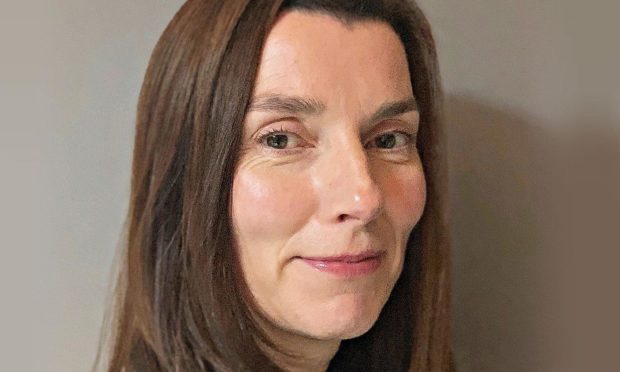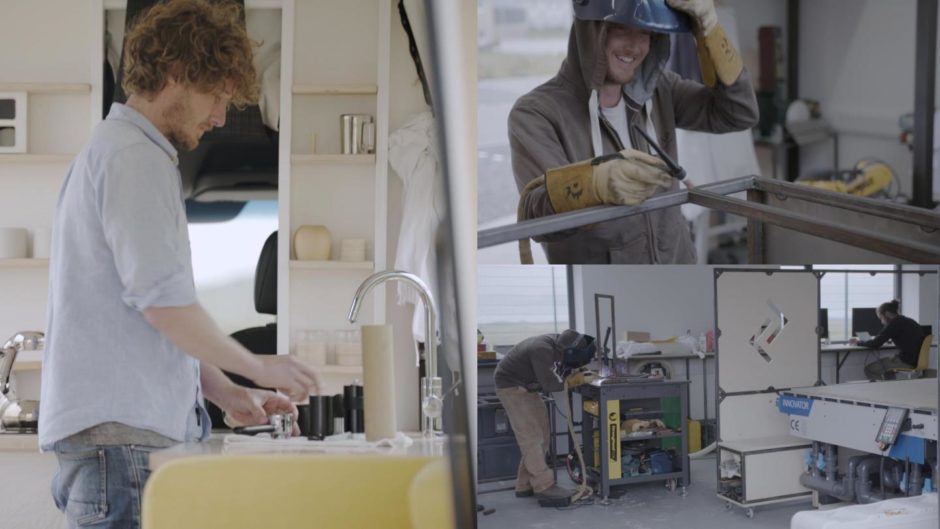The pandemic has proven to be devastating for Scotland’s tourism sector thanks to long periods of lockdown. However, restrictions eased in time for the summer holidays and most Scots have taken full advantage of staycations, giving hotels, restaurants and tourist attractions a much-needed boost.
Long periods of no trading or footfall left businesses with a lot to worry about. Yet, many have used this time to assess their organisation from top to bottom with everything from examining business models to supply chains, ensuring they are fit for the future. As a result of this, innovation of all degrees has been rife.
Hastening the digital transformation
Covid has accelerated digital transformation, bringing forward changes that were already on the horizon. The adoption of QR codes and apps for ordering in restaurants, tourism going ticketless and the rollout of sensors to monitor visitor numbers at attractions are all good examples. During the long months of lockdown, many visitor experiences invested in their online offering, using VR technology and online gatherings to keep customers engaged, maintaining relationships.
The saving grace for the Highlands and Islands rests on the fact that much of the region’s tourism industry is built around the outdoor experience.”
The saving grace for the Highlands and Islands rests on the fact that much of the region’s tourism industry is built around the outdoor experience. With acres of stunning hills, lochs, glens and beaches, there is something for everyone to enjoy. The adventure tourism sector is benefitting from this higher-than-normal influx of visitors as families seek experiences within our own borders.
The rush to book a staycation has meant finding accommodation is difficult to say the least. Campervans are having a moment in the sun, with many people taking a roof over their head into their own hands and opting for the flexibility a mobile home affords. There’s a lot of innovation within this sector, with campervan conversion company Studio Vans leading the way.
Highlands and Islands Enterprise’s Innovation team granted funding to Studio Vans, a Benbecula-based business, during the pandemic to help cover start-up costs.
Van man does a u-turn
The original business model was to offer rental vans at airports but Covid stopped this in its tracks. Instead, Studio Vans pivoted to create design-led, ready-to-go fit-outs for campervan conversions and already has a waiting list. Not only did it launch in the middle of a global pandemic, but founder Rob Hall and his team had to quickly adapt, showcasing true innovation.
Studio Vans focuses on experience and sustainability, stripping back what is unnecessary in traditional campervans which aren’t synonymous with green credentials. However, with EV infrastructure and hydrogen fuel cells coming on leaps and bounds there is hope for this sector to pivot and play its part in Scotland’s greener future.
Rob is passionate about keeping the company’s impact down, using sustainable resources for fit-outs: be that partnerships to use local wool for insulation and repurposing plastic washed up on the beaches of Benbecula and Uist to form shelving. He is a true believer in looking at resources in a circular way and not wasting anything. Studio Vans is teaming up with Still Life Workshop in Glasgow to explore all the possibilities washed up ocean plastic might offer.
This is just one example of how innovation can elevate a business. It’s important to remember that innovation isn’t always about big transformation, sometimes it’s about small changes to bring goals into focus and ensure achieving these goals is easier. It’s about looking at how you connect with your customer or with your team and ultimately, it’s about future-proofing.
Gillian Galloway is head of innovation at Highlands and Islands Enterprise

